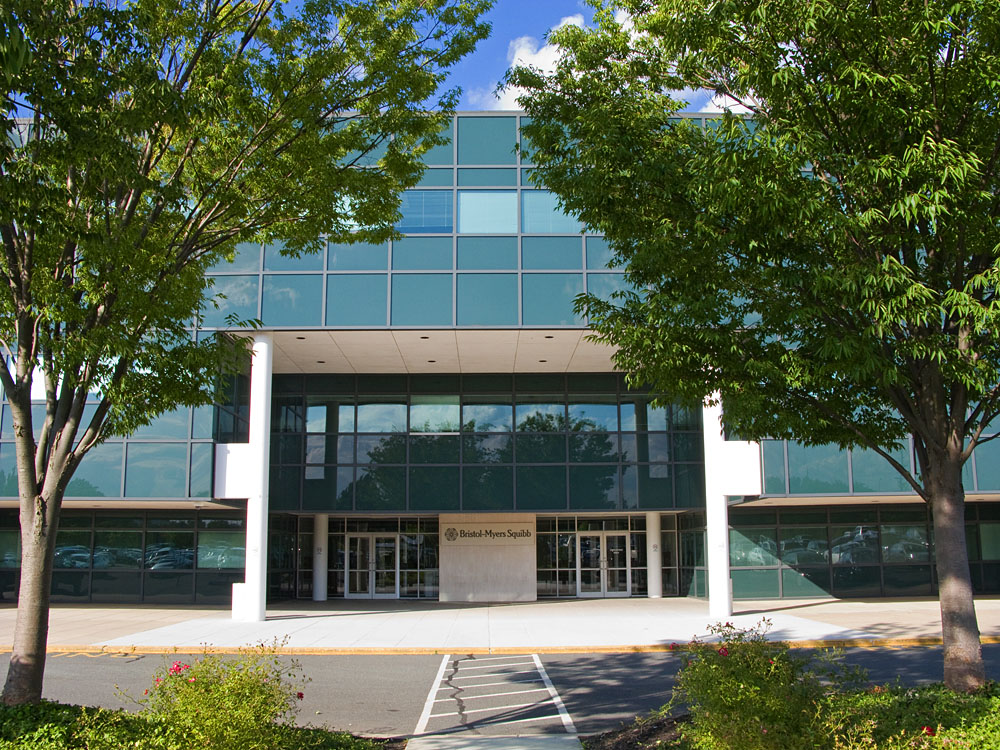BMS files Opdivo in post-surgery setting

Bristol-Myers Squibb’s drive to build its Opdivo immunotherapy franchise continues, this time with a new FDA filing to treat melanoma in an earlier setting.
BMS has asked the FDA for a licence to market the drug in patients with melanoma who are at high risk of disease recurrence following complete surgical resection - an indication that analysts forecast could add a further billion to Opdivo's already burgeoning sales.
BMS has got data ready in this indication ahead of rival Merck & Co, which begun a phase 3 trial of its competing PD-1 drug Keytruda (pembrolizumab) in this post-surgery adjuvant use in 2015, with key data due in May next year.
The FDA granted Breakthrough Designation for Opdivo in this indication, showing the regulator considered it to be a significant improvement over existing therapies.
Opdivo is alreadly approved in eleven other cancer indications, including advanced melanoma, which allowed the drug to generate revenues of almost $1.2 billion in Q2 alone, up 42% compared with the same period last year.
Merck & Co's Keytruda is close behind with quarterly sales of just over $880 million, and is expected to gain traction thanks to its approval in first-line lung cancer, where BMS' drug has failed to produce results.
Opdivo improved on BMS' older drug
Data shows that Opdivo is better at decreasing risk of disease recurrence compared with BMS’ older immunotherapy Yervoy, which is already approved in the indication.
As is usually the case with Breakthrough Therapies the FDA has granted a faster six-month Priority Review of the filing, as opposed to the standard 10-month period.
The filing is based on data from the ongoing phase 3 CheckMate -238 study which evaluated Opdivo in patients who have undergone complete resection of stage IIIb/c or stage IV melanoma.
In the study, Opdivo 3 mg/kg met the primary endpoint by significantly decreasing the risk of disease recurrence compared to Yervoy (ipilimumab) 10 mg/kg, an FDA-approved treatment for stage III adjuvant melanoma.
The trial randomised 906 patients 1:1 to receive either Opdivo 3 mg/kg intravenously (IV) every two weeks or Yervoy 10 mg/kg IV every three weeks for four doses and then every 12 weeks starting at week 24.
Patients were treated until disease recurrence, unacceptable toxicity or consent withdrawal for up to one year.
The primary endpoint is recurrence-free survival defined as the time between randomisation and the date of first recurrence or death. Secondary endpoints include overall survival, recurrence free survival by PD-L1 tumour expression, quality of life and safety.
The results of the study were recently presented at ESMO cancer congress last month, where it shared the limelight with Novartis' targeted combination, Tafinlar + Mekinst.












